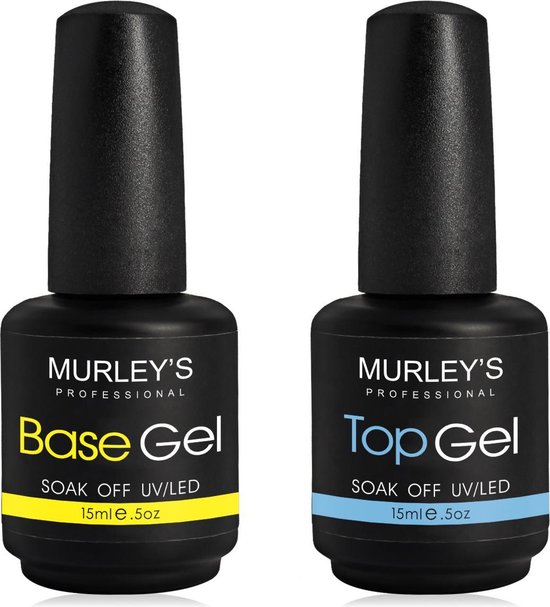
TOP 10 BESTE UV LED NAGELDROGERS KOPEN 2023 / UV-NAGEL LAMP / MANICURE LAMP / VOOR GELNAGELS EN GEWONE NAGELLAK – GELLAK LAMP VERGELIJK PRIJS KWALITEIT – WELKE NAGELLAMP IS HET BESTE?

MIZHSE Gel Nagellak Witte Shimmer Parelwitte Nagel Gel Builder Gel voor Gel Nagels Parelmoer Nagellak met Draad Shell Gel Polish 10 * 1 Soak Off UV LED Lamp : Amazon.nl: Beauty & persoonlijke verzorging

gellak nagel set gel nagel kleuren nagel ontwerp 24w LED UV lamp set Soak Off UV gellak kleurset : Amazon.nl: Beauty & persoonlijke verzorging

Royala Gellak D4 Starterspakket + Inclusief UV Lamp + Met 10 Verschillende Gellak Kleuren - Gellak Lamp - Gellac Set - Alle Benodigdheden in Eén - Uitgebreid 62-Delig pakket - Alles over gelnagels

TOP 10 BESTE UV LED NAGELDROGERS KOPEN 2023 / UV-NAGEL LAMP / MANICURE LAMP / VOOR GELNAGELS EN GEWONE NAGELLAK – GELLAK LAMP VERGELIJK PRIJS KWALITEIT – WELKE NAGELLAMP IS HET BESTE?

















